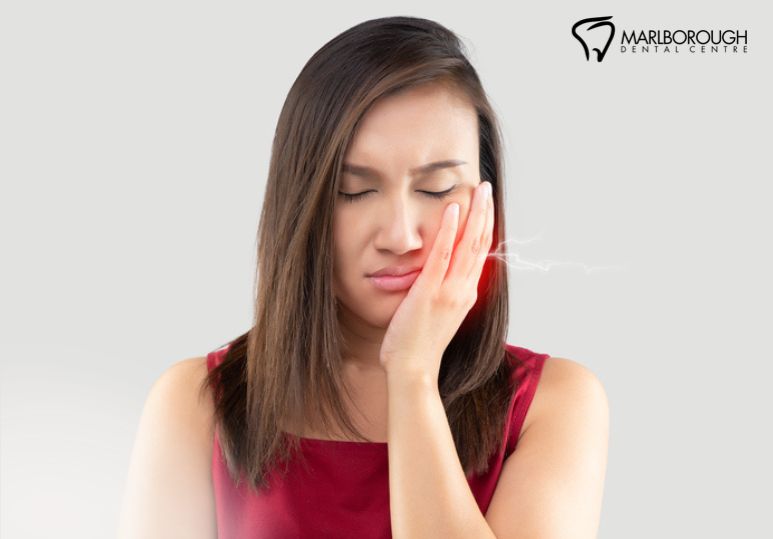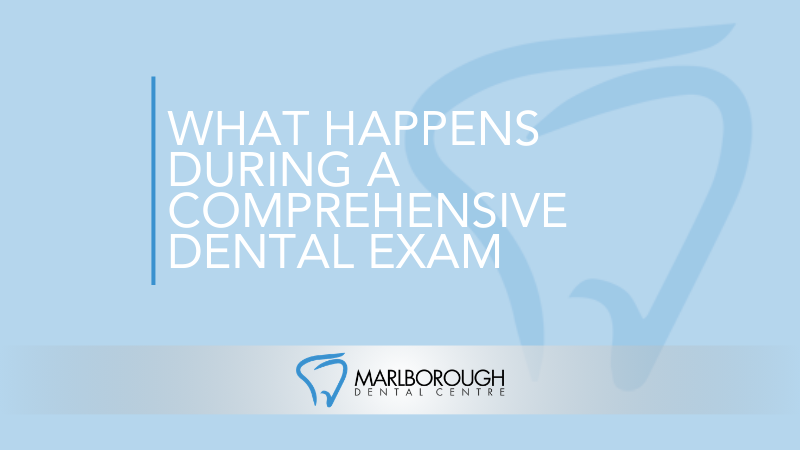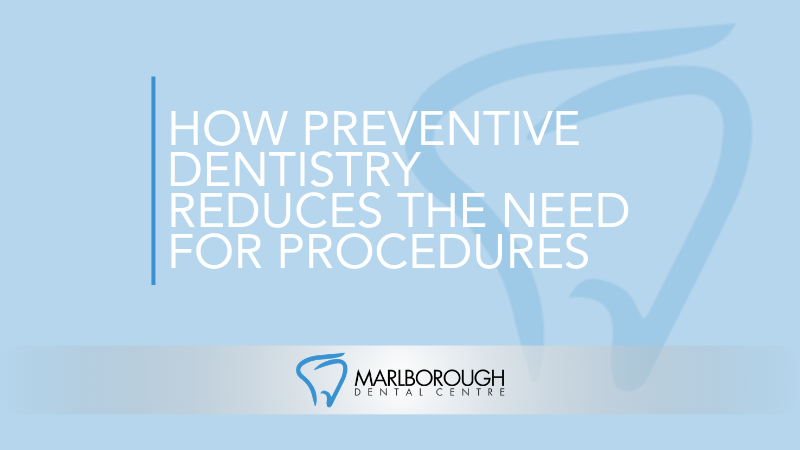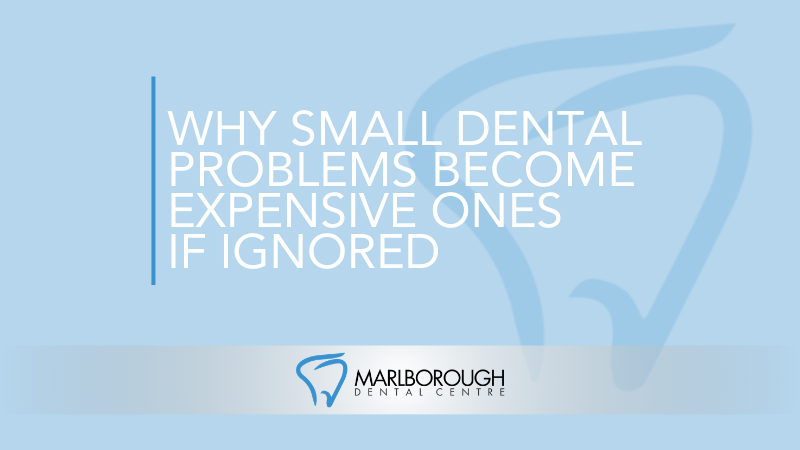Effective Treatments For TMD/TMJ
- After assessing the cause and severity of your TMJ pain, your dentists can recommend several treatment options to:
- Relieve muscle pain and soreness in the neck and jaw
- Improve your bite so you can eat and talk comfortably
- Enable better movement and flexibility through your neck, face and jaw
- Reduce headaches caused by excessive facial and jaw tension
Night Guards and Splints
For moderate cases of TMD, the first line of treatment is often a night guard or splint. These are custom-made dental appliances that fit over the teeth and are worn during sleep. They help to reduce tooth clenching and grinding, which can contribute to TMD symptoms. Night guards and splints can help to protect the teeth from further damage due to grinding or clenching. Custom night guards may also be used to mildly alter your jaw position to relieve TMD pain. By altering your bite at night, pressure may be relieved from the jaw.
Dental Crowns
For more severe cases of TMD caused by misaligned or uneven teeth, dental crowns may be recommended. A dental crown is a cap that is placed over a damaged tooth, to restore its shape, size, and strength. In the context of TMD treatment, dental crowns can help to improve the alignment of the teeth, which can reduce stress on the jaw joint and alleviate TMD symptoms.
Orthodontic Treatment
Orthodontic treatment, such as braces or clear aligners like Invisalign®, may also be recommended for more severe cases of TMD caused by misaligned teeth. Orthodontic treatment can help to straighten the teeth, which can reduce stress on the jaw joint and alleviate TMD symptoms. In addition to improving TMD symptoms, orthodontic treatment can also improve the overall health and appearance of the teeth.
Physical Therapy
Physical therapy is another treatment option for TMD. A physical therapist can teach you exercises to help stretch and strengthen the muscles in the jaw and neck. These exercises can help to improve jaw mobility, reduce pain and discomfort, and alleviate TMD symptoms. Your dentist may recommend this as part of your treatment protocol.
Surgery
In rare cases, surgery may be recommended for severe cases of TMD that do not respond to other treatment options. Surgery may involve repairing or replacing damaged or degenerated jaw joints. While surgery can be effective in alleviating TMD symptoms, it is generally considered a last resort after other treatment options have been exhausted.
TMD Treatment At Marlborough Dental
TMD can cause pain, discomfort, and difficulty in chewing, talking, and opening the mouth. Fortunately, there are several treatment options available to manage and alleviate TMD symptoms. The most appropriate treatment option for you will depend on the severity and underlying cause of your TMD. If you are experiencing TMD symptoms, it's important to consult with your dentist who can help you determine the optimal course of treatment for your individual needs.
If you suffer from Temporomandibular Disorder or Joint Dysfunction, the team at Marlborough Dental Centre can diagnose and develop a customized treatment plan to help relieve your pain and discomfort. One option for treatment is custom night guards. Custom night guards are a simple, easy-to-follow TMJ treatment that helps you correct jaw joint pressure and alleviate any pain and discomfort. If your jaw pain is caused by an issue other than bruxism, such as trauma to the jaw, our highly qualified dentists will examine your condition and find an alternative TMJ treatment through other dental services, such as orthodontics. To schedule an appointment for TMJ dental services, contact Marlborough Dental Centre at 1-403-248-2066 or fill out the online contact form.
FAQ
Q: Can TMD be related to other conditions?
A: TMD can have similar symptoms to oral cancer. If you experience any of the symptoms listed in this article, you should schedule a dental exam to ensure you have TMD and not another condition. TMD is also related to other comorbid conditions, which are conditions that occur together more often than chance could explain, yet scientists don’t know their relationship yet. Comorbid conditions with TMD include all of the following and more:
- Fibromyalgia
- Endometriosis
- Asthma
- Back, neck, and joint pain
- Chronic fatigue syndrome
- Heart disease
- Irritable bowel syndrome (IBS)
- Sjogren’s syndrome
- A variety of sleep disorders
- Tinnitus
- Psychological conditions (ex: depression, anxiety, post-traumatic stress disorder [PTSD], and more)
Even if you have already received TMJ dental services, if you suspect you have other chronic conditions, visit your dentist.
Q: How can I reduce my risk of getting temporomandibular joint disorder?
A: There can be many causes of jaw joint pain, but some ways to reduce pain are:
- Quit smoking
- Don’t use your teeth as tools
- If your jaw is sore, give it a break by eating softer foods
- Don’t grind your teeth or clench your jaw. If you do this while you sleep, you should ask your dentist about a night guard.
Q: Does my dental hygiene affect temporomandibular joint disorder?
A: Typically it’s the other way around: temporomandibular joint disorder affects dental hygiene. Because the temporomandibular joint is not exposed within the mouth, a lack of tooth-brushing won’t make a difference in this case. However, having pain in the joint that allows your jaw to open can discourage people from brushing their teeth or flossing. This will lead to a lot more pain later when you develop cavities or gum disease and have to deal with that ache and the discomfort of sitting in the dentist’s chair for an extended period with your mouth open. If your temporomandibular joint disorder pain is bad enough that you can’t open your mouth for regular dental hygiene, see your dentist right away.




